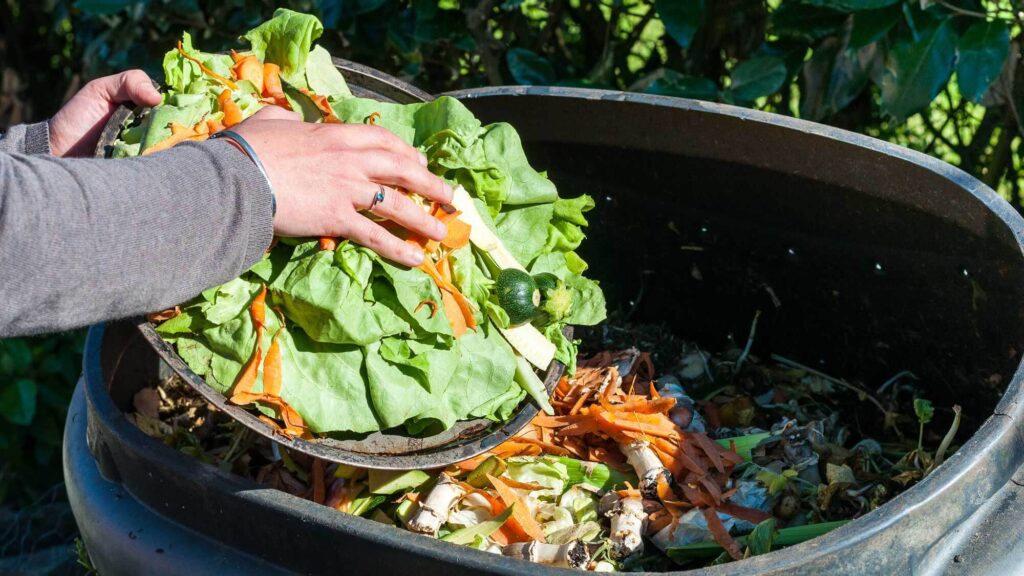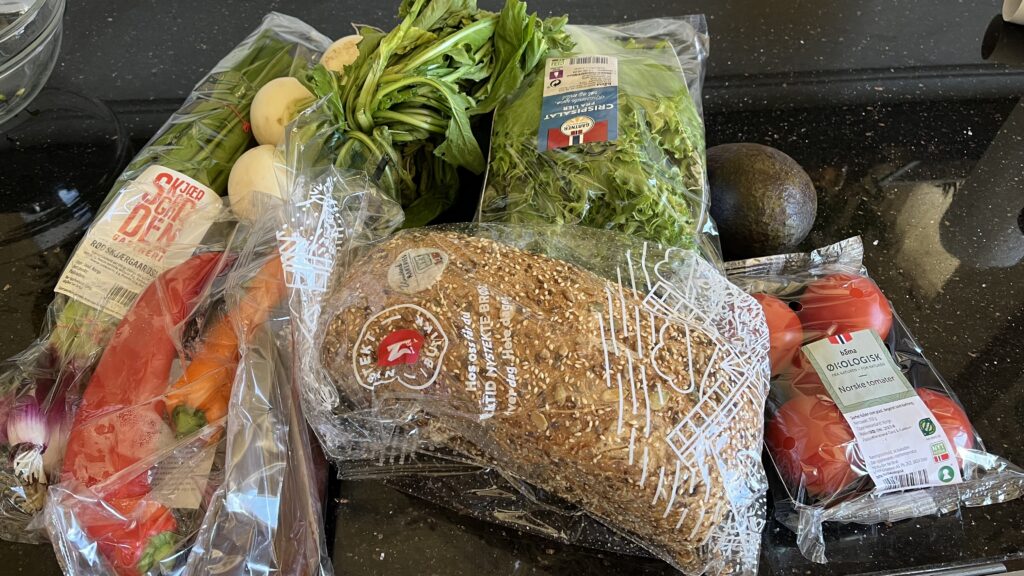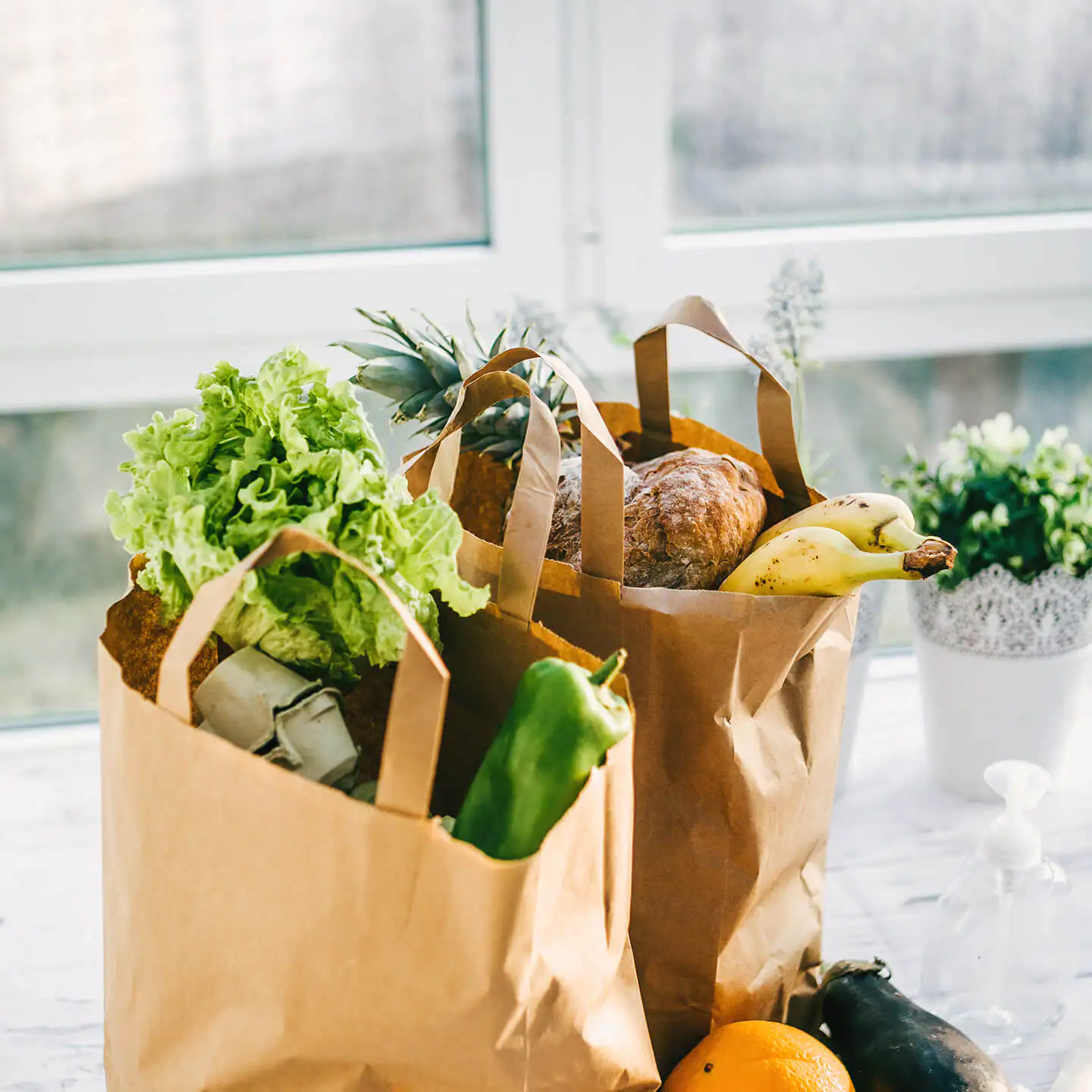Food & Climate
WRAP, the global environmental action NGO, is launching LoveFoodHateWaste campaign in UK to reduce food waste tomorrow, which relies primarily on purchasing fresh, unpackaged goods.
It has been spreading the word about food waste in homes and how to fight it since 2007, according to its website, which seen by “Food & Climate” platform.
It said: “with food scarcity being talked about more and more, cost of living rises and an increasing number of people without enough food to eat, it’s so important that we do all we can to make the most of food. It reduces the pressure on the whole food system, for all of us”.
Help people to reduce food waste
LoveFoodHateWaste aims to help people reduce food waste and protect the planet.
It runs an annual food waste reduction campaign, this year from March 17–23, focusing on buying more loose fresh produce (without packaging) as evidence shows that when buy this way, we are less likely to overbuy and often if the loose produce is stored unwrapped without plastic etc it keeps longer.
Research shows that if all apples, bananas and potatoes were sold lose 60,000 tonnes of waste could be prevented. Several supermarket chains have pledged to support the campaign by reducing their packaging and offering more loose produce, whilst our local high street greengrocers, markets and farm shops typically sell produce loose or with minimal packaging.

North Yorkshire Rotters (NYC) enable the community to reduce waste through advice and equipment for better storage and managing portion sizes.
Outside of the home, charitable food redistributors provide vulnerable people with nutritious and edible food from shops and businesses that might have otherwise been wasted when near ‘Use by’ dates. This includes the Coop Foodshare where locally Climate Action Stokesley and Villages Food group volunteers collect on average £250 worth of surplus food every night from supermarkets and redistribute to locals in need.
Major contributor to climate change
food waste is a major contributor to climate change, accounting for eight to ten per cent of greenhouse gas emissions worldwide. That’s five times the amount of emissions from aviation and costs the global economy $1 trillion annually.
Although food waste comes from businesses like supermarkets and restaurants, home food waste accounts for more than 60% of the total with the average UK household throwing away nearly 2kg of food daily, amounting to 6.4m tonnes of waste in 2021–2022. As well as creating 18m tonnes of greenhouse gases, this waste costs each household on average £500 ($ 645) annually.
This unacceptable amount means that our valuable agricultural land is also being wasted along with water, energy and the time and efforts of our farmers.
Causes of food waste include buying more than peopol need, often driven by BOGOF promotions, not storing food properly and not eating food before it goes bad. Also, shoppers reject 20% of edible produce because of the way it looks, according to “darlington& stockton times”.
So, EU and UK pledged to reduce food waste, in line with the UN’s goal to halve global food waste by 2030. With most (approximately 53%) of total food waste in European countries occurring in homes, this stage of the food chain presents the most significant challenge due to the need for widespread behavior change.

Although consumer food waste is a complex issue influenced by factors such as people’s knowledge, habits, social norms and food supply chain efficiency, reducing household food waste is achievable.
Reduction of food waste can have multiple benefits, including conserving limited natural resources such as water, improving food security and reducing greenhouse gas emissions that contribute to climate change. My new research shows that reduction is possible with the right tools for behavior change and consumer willingness to prevent food waste, according to “The Conversation”.

